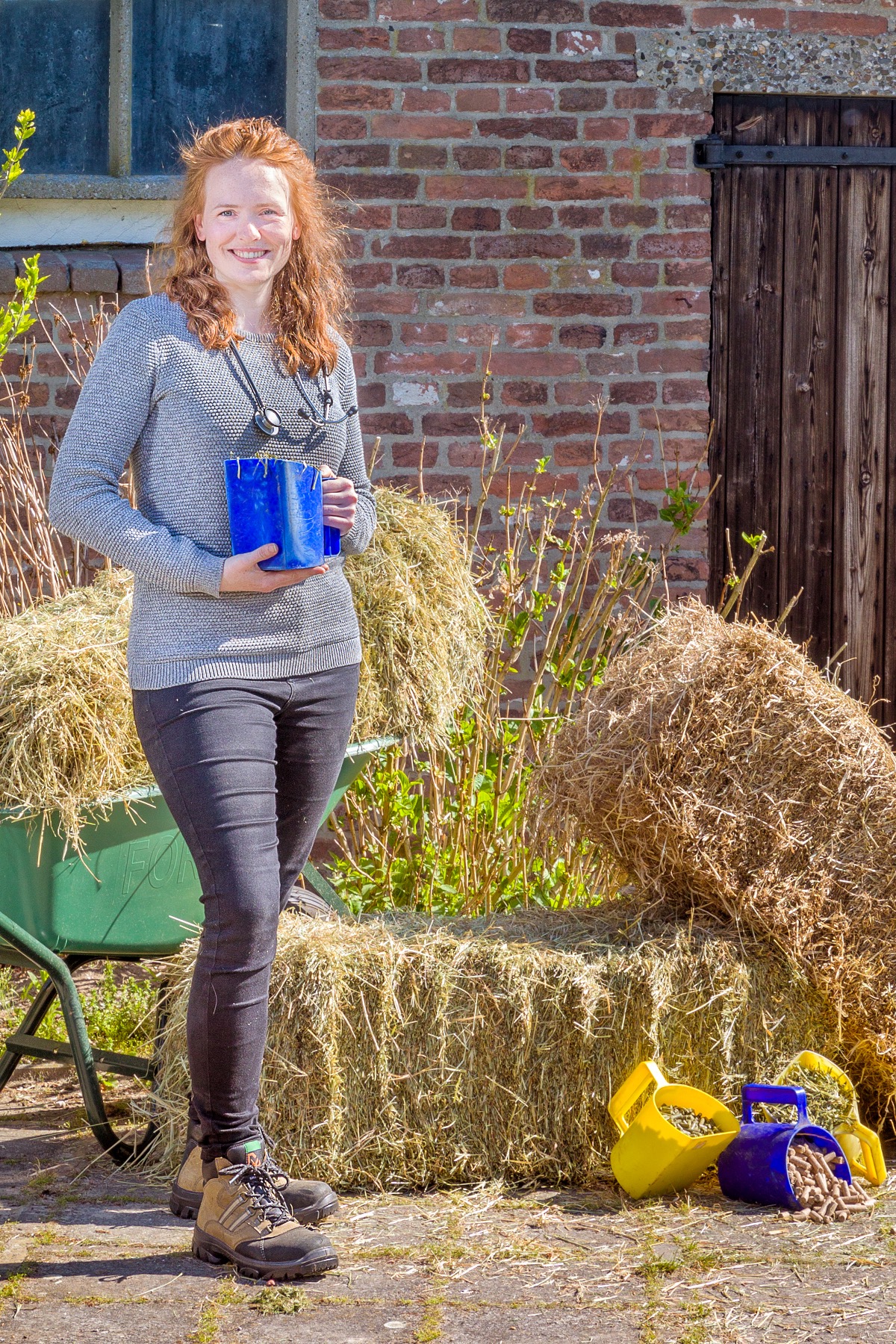ANIVADO team & associates
ANIVADO Team
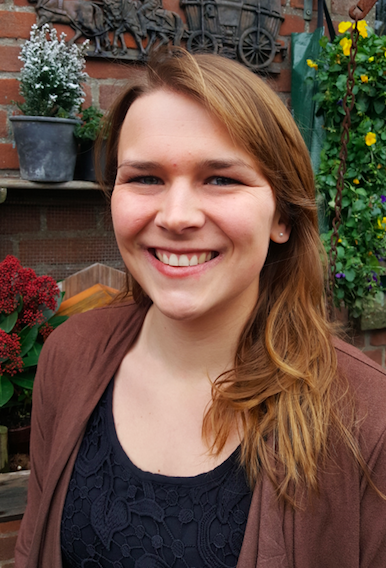 |
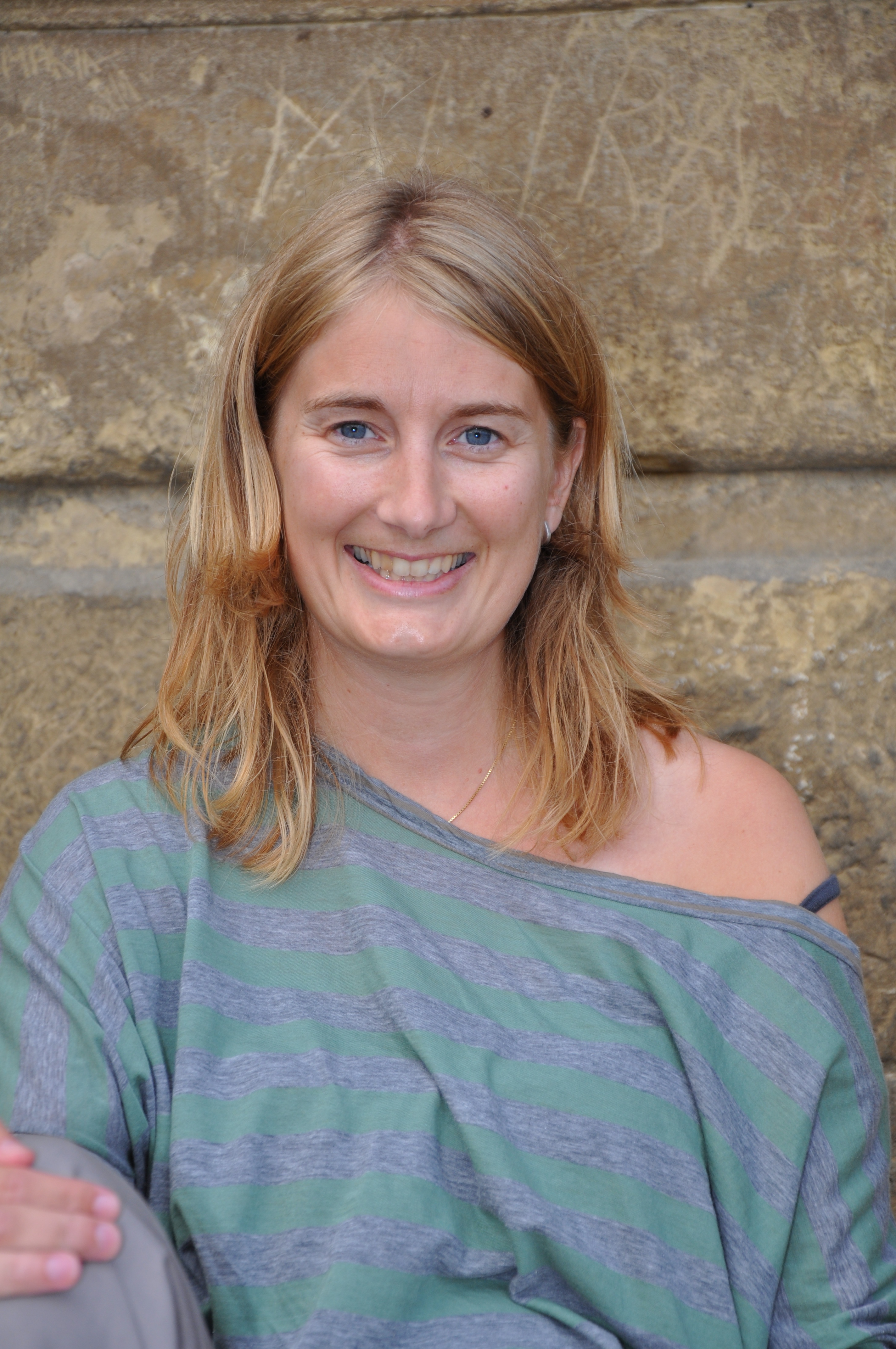 |
|||
|---|---|---|---|---|
David van Doorn |
|
Esther Peek |
|
Lydia Trouborst-van Doorn |
Director ANIVADO Education & Training |
|
Consultant Equine Nutrition &Content Development Manager |
|
Content Developer |
| David van Doorn PhD is the director and founder of EQUIVADO and ANIVADO. ANIVADO represents the online education platform and online education activities that David performs in cooperation with other experts. The website and name " EQUIVADO" represent David's equine nutrition consultant activities.
|
Esther Peek BSc studied Applied Biology at HAS University in ‘s Hertogenbosch, the Netherlands. She chose the minor Applied Animal Science and graduated in 2019. Esther got in contact with ANIVADO when she did a project about horse nutrition in 2014. In 2015 she followed an internship at the equine clinic in the Faculty of Veterinary Medicine in Utrecht. During this internship, Esther found her passion for equine nutrition. In 2017 she did a project on mastication behaviour in horses. Esther joined the ANIVADO team in 2018 as Junior Consultant Equine Nutrition & Content Development Manager. |
Lydia studied Animal Care & Management at the Groenhorst College, Barneveld, the Netherlands from 1997-1998. During her education, she worked part-time as an animal care keeper in a boarding kennel. After that, she worked as an Animal Carer at Rotterdam "Blijdorp" Zoo. From 1999-2014 Lydia has been working in the human resource & management at the local government of Rotterdam. In 2014 she shifted her career to go back to her roots and works now as a Content Developer of the ANIVADO platform. |
ANIVADO Lecturers
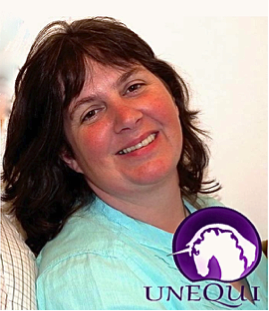 |
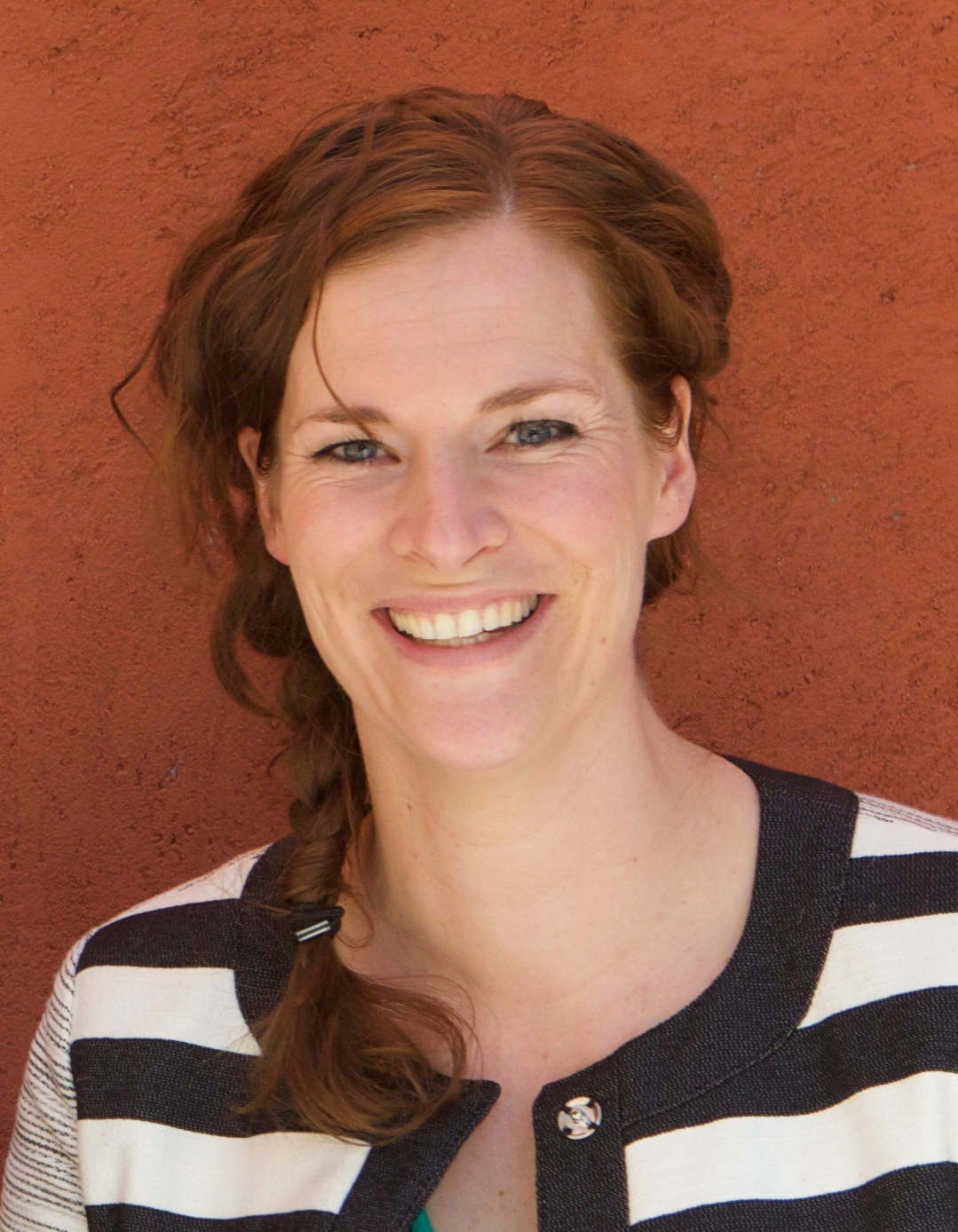 |
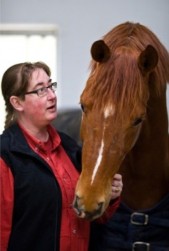 |
||
|---|---|---|---|---|
Andrea D. Ellis |
|
Carolien Munsters |
|
Machteld van Dierendonck |
Lecturer ANIVADO &Equine Nutritionist |
|
Lecturer ANIVADO &Expert in Equine Sport Physiology |
|
Lecturer ANIVADO &Expert in Equine Behaviour and Welfare |
|
Dr Andrea Ellis is a renowned equine scientist, who has had horses in her blood from an early age both as an artist and scientist. She freely admits that she occasionally missed her first two school lessons and secretly went to see the training sessions at the Spanish Horse Riding School near her home in Vienna. Andrea's early research focused on food intake behaviour and nutrient digestion in horses and sheep and set her on a path of becoming a specialist in equine nutrition and behaviour. After working as a Scientific Researcher at the Research Institute for Applied Husbandry, Wageningen University Research, The Netherlands, for four years, she joined Nottingham Trent University as a Senior Lecturer, where she led the design of the MSc in Equine Health and Welfare and was Programme Leader of this course.
|
Dr Carolien Munsters holds an MSc in biology and worked as a senior project manager at the Equine Fieldlab at the Dutch Equestrian Centre. In 2010 she started Moxie Sport Analysis and Coaching, where she combines "research knowledge with (top)sport analysis to guide and support equine athletes, trainers and coaches”. In 2013 she completed her PhD on workload, fitness and welfare of riding horses at the Faculty of Veterinary Medicine of Utrecht University. She has been the official advisor for the Olympic eventing team regarding exercise testing and training programs for more than 8 years and guided the riders and horses towards the Olympic games in London and Rio. In addition, she advises and guides several international and national riders (eventing, dressage, showjumping, carriage driving, endurance) on how to optimise their training program for their horses. In preparation for numerous European and World championships, she analyses the fitness of sport horses (and teams) and helps them to construct an optimal training program towards their championships. Continued monitoring of all training sessions and competitions of these horses is her main focus as in this way training programs can be maintained most optimal for horse and rider. In addition, she gives numerous courses about equine exercise physiology as a certified lecturer of riders, trainers, physiotherapists and veterinarians and conducts several research projects in collaboration with the Faculty of Veterinary Medicine of Utrecht University. |
Dr. Machteld van Dierendonck has been working as a behaviour specialist, scientist and practitioner in the field of (equine) behaviour and welfare (assessments) for the last 15 -20 years. She started working for the Equine Clinic of the Veterinary Faculty of Utrecht The Netherlands in 2001, since 2016 she founded and works as the clinical ethology specialist at the Equine Behavioural Referral Clinic at the same faculty. Besides these functions, she has established her own Equine Clinical Ethological referral practice Equus Research & Therapy. Since 2012 she is a part-time visiting professor at the Faculty of Veterinary Medicine both in Ghent and Antwerp, for courses in (equine) Ethology and Animal Welfare. In 2010 she became board-certified as an associate of the ECAWBM as (Equine) Veterinary Behaviour Specialist; in 2013 she became also an associate for the subspecialty Animal Welfare Science-Ethics-Law. Her current work mainly consists of research, teaching (graduates and postgraduates), and treating equine patients with (additional) behaviour problems. In scientific research, the current focus is on measuring welfare in horses (at individual and farm levels) and pain and pain assessment in horses and donkeys (EPWA app). She now has> 30 peer-reviewed publications to her name and several scientific book chapters. She is a founding member of ISES (International Society of Equitation Science). |
|
|
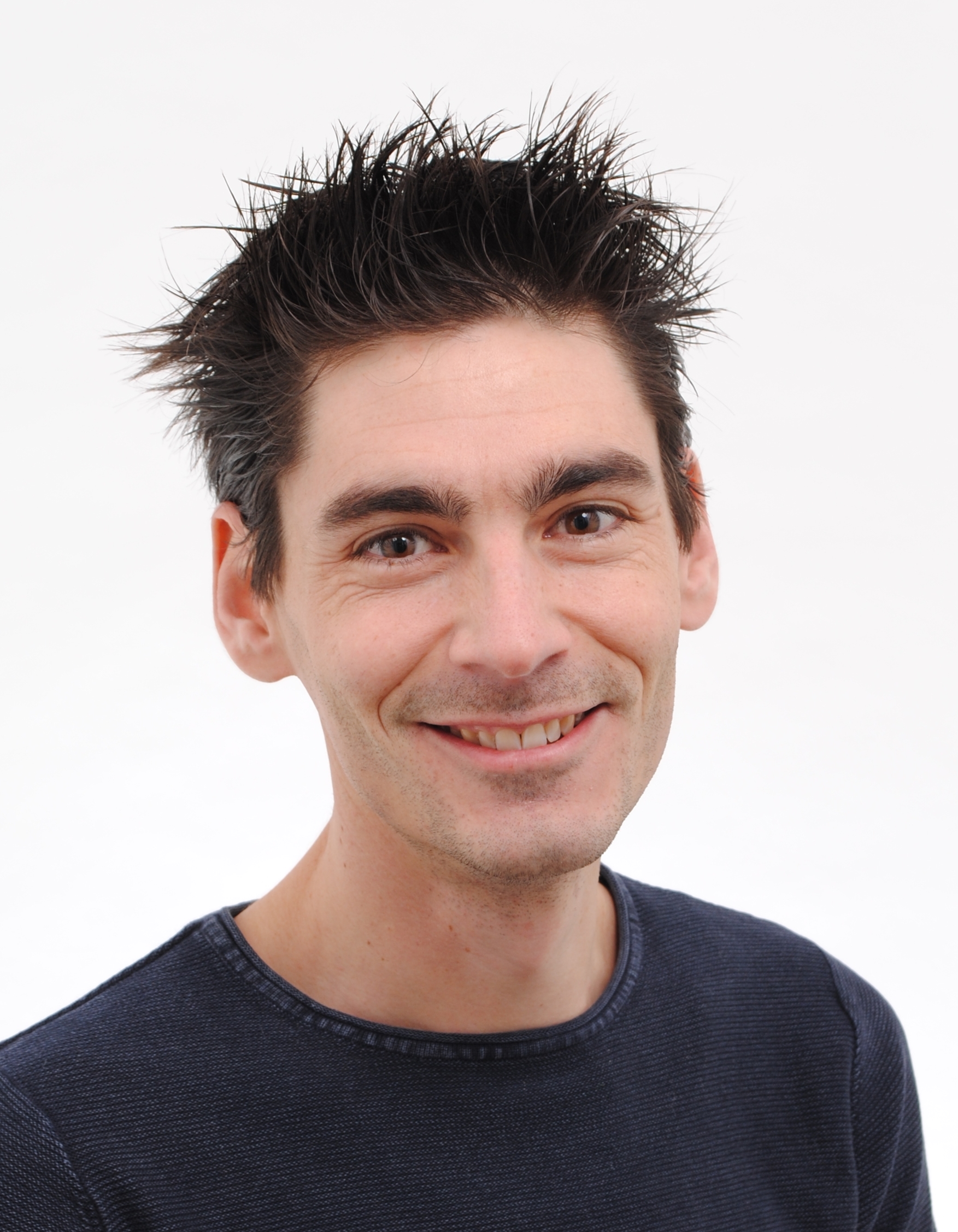 |
|||
|---|---|---|---|---|
Carina Steendam |
|
Esther Hagen-Plantinga |
|
Guido Bosch |
Lecturer ANIVADO &Equine Nutritionist |
|
Lecturer ANIVADO &ECVCN Specialist |
|
Lecturer ANIVADO &Companion Animal Nutritionist |
|
Carina Steendam holds a Master’s Degree in Animal Nutrition from Wageningen University (WUR). She has been involved in research projects related to the nutrition of monogastric animals (e.g. J Nutr 2004, 134(11), 3076-3082). She has a special interest in the effects of antinutritional plant components on gastrointestinal tract health. Carina is a lifelong horse lover, an amateur rider, and a riding instructor. Together with her partner, she is a keen breeder of KWPN horses. She has been a lecturer at the van Hall University of Applied Science with an emphasis on equine nutrition, but also on teaching equine behaviour and exercise physiology. She writes for equestrian magazines and a professional magazine of the feed industry to educate a wide audience about equine nutrition and health. She is the author of various articles related to horse nutrition in the Netherlands and she aims to bridge the gap between science and practical feeding management. Her enthusiasm for nutritional sciences equals her love for horses, and according to her, equine nutrition is combining the best of both worlds. |
Dr. Esther Hagen-Plantinga received her veterinary degree from Utrecht University in the Netherlands in 2004, where she also obtained her doctorate in animal nutrition in 2003. She was employed as an assistant professor in animal nutrition at the Faculty of Veterinary Medicine, Utrecht University for 12 years. As of January 2019, she is fully occupied with her consultancy agency Nutrissues, with which she is focused on advising in the dog and cat nutrition field. She is a board-certified comparative veterinary clinical nutrition specialist at the European College of Comparative Veterinary Nutrition (ECVCN). Her research interests include the influence of nutrition on (disease of) the urinary system in companion animals and the Palaeolithic nutrition of dogs and cats. |
Guido Bosch is an associate professor at Wageningen University. He is specialized in animal nutrition and behaviour, obtaining the MSc from Wageningen University in 2005. In 2009 he obtained his PhD for his studies on the impact of nutrition on behaviour in dogs. Over the years his focus extended to different lines of research, including understanding how feeding ecology shaped feeding behaviour, digestive physiology and metabolism, food properties impacting appetite, Maillard reaction products in pet foods, nutritional value and (dis)functional properties of alternative protein sources, and the use of insects in a more circular economy. He published over 75 refereed scientific journal articles and book chapters, is a fellow of the Graduate School WIAS and is an editor of the British Journal of Nutrition. Guido obtained his University Teaching Qualification in 2015 and teaches in various courses of the Animal Sciences curriculum of Wageningen University as well as mentors PhD, MSc and BSc students. |
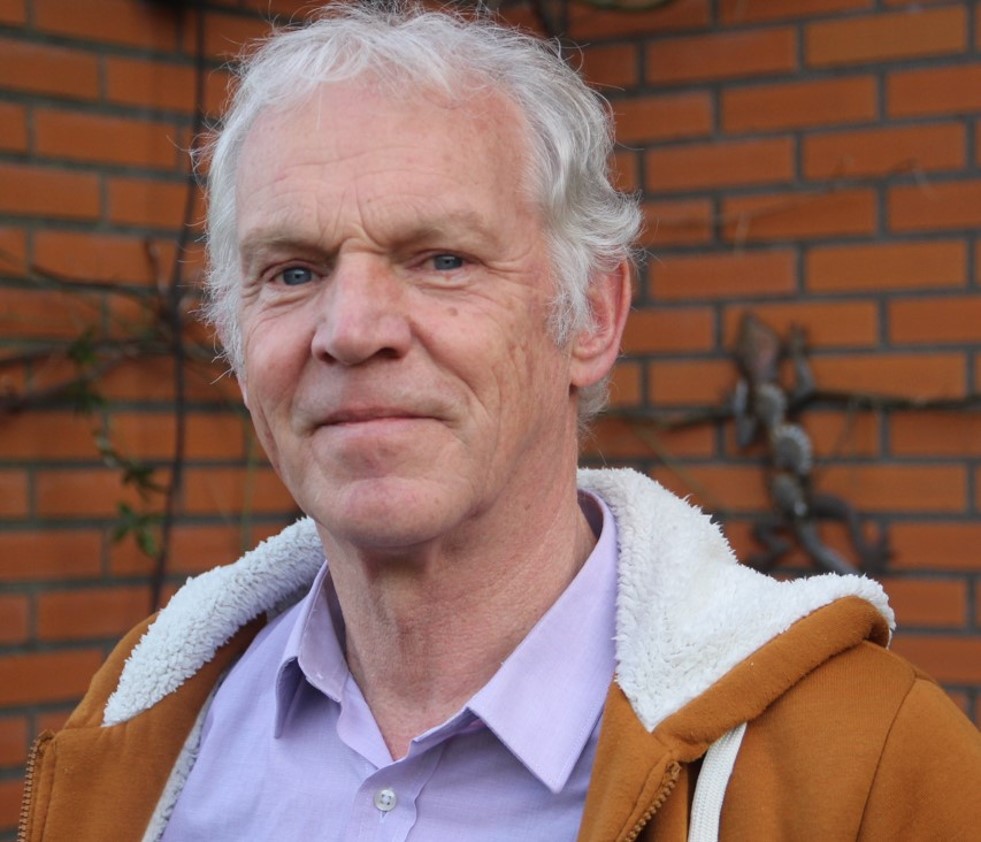 |
||||
|---|---|---|---|---|
Joeke Nijboer |
|
|
|
|
Lecturer ANIVADO &Exotic/Companion Animal Nutritionist |
|
|
|
|
|
Joeke Nijboer holds a bachelor's degree in engineering obtained from the Special Higher Agricultural School in Leeuwarden in 1975. He also completed an environmental science application course at the Van Hall Institute in Groningen (both merged into the Van Hall Institute, University of Applied Sciences). From 1977 to 2015, he primarily worked as a zoo nutrition specialist at Rotterdam Zoo (Diergaarde Blijdorp). In the field of zoo nutrition, he conducted extensive research and collaborated with specialists from national and international zoos, research institutes, and universities. Additionally, while at Blijdorp, he specialized in veterinary laboratory research, pest control, and safety, obtaining the necessary training in these fields. In 2006, he earned his doctorate from the Faculty of Veterinary Medicine at Utrecht University in the field of nutritional physiology in langurs. In 2015, he founded NijboerConsultancy, focusing on his specialities in animal nutrition, pest control, and safety. In animal nutrition, he advises national and international zoos and contributes to various projects, including dog nutrition. He is the lead author of the book "Rauw voer voeding, natuurlijk in de voerbak”. |
|

